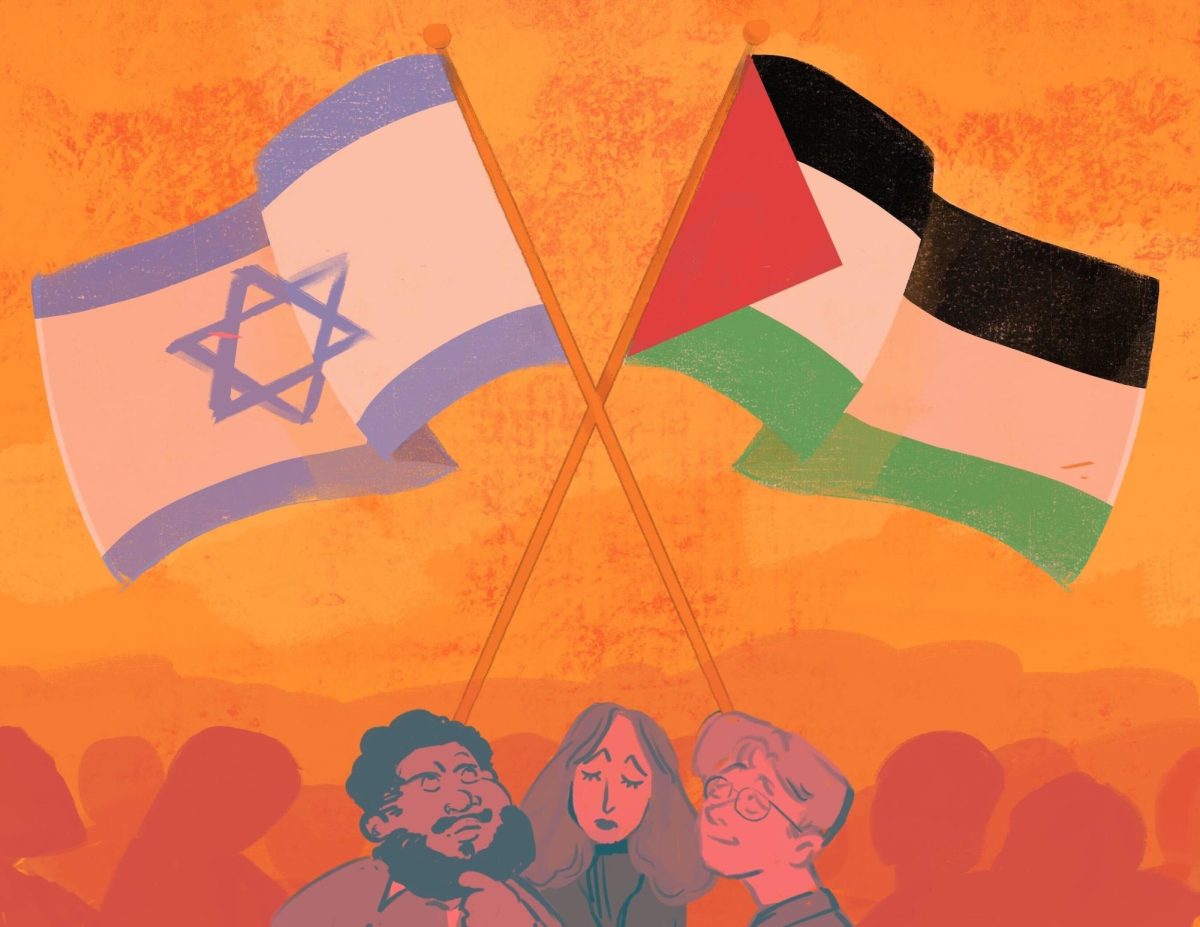With the legalization of marijuana taking effect in Washington and Colorado, a new student group on campus is pushing to bring legalization to Arizona.
Students for Sensible Drug Policy, an international grassroots organization, established a chapter at the UA this month. One of the first things the group is doing is circulating a petition to put marijuana legalization on the ballot in Arizona this fall, according to Trevor Thornburg, a junior studying English and creative writing. Thornburg is the founder and president of the SSDP chapter at the UA.
“I started the group because I saw the need for students to have an avenue of freedom of speech and an avenue of participating in the political process to make a change,” Thornburg said.
“Marijuana legalization is a big issue right now and it’s part of our generation.”
SSDP has recently been on campus in front of Heritage Hill gathering signatures for the petition. Thornburg said the group has collected more than 100 signatures so far.
“I’d at least like to be out there two or three times a week, just so we have a presence and people are used to seeing us out there,” Thornburg said.
The petition, started by grassroots organization Safer Arizona calls for an amendment to the state constitution that would allow individuals 18 and older to possess up to two-and-a-half ounces of marijuana for personal use. The petition needs about 300,000 signatures by July 3 in order to qualify for the ballot in November, according to Robert Clark, chairman of Safer Arizona.
A May 2013 poll from the Behavior Research Center reported that support among Arizonans for the legalization of marijuana stands at 56 percent. Voters in Arizona have already legalized marijuana for medicinal use through a ballot initiative in 2010.
Despite what appears to be strong support, marijuana legalization is a long way from reality, Clark said.
“We’re not anywhere close to where we would like to be at this point,” Clark said. “There’s a possibility that we won’t make it [onto the ballot].”
Safer Arizona’s petition effort also lacks the backing of national pro-legalization groups, such as the National Organization for the Reform of Marijuana Laws, Clark said. NORML is instead opting to back an effort to get the measure on the ballot in 2016.
The proposed measure contains key differences from the laws in Washington and Colorado. The legalization laws in those states legalize use for those 21 and older. The laws also allow possession of up to one ounce of marijuana, as opposed to two-and-a-half ounces.
In addition to the lack of support from NORML, Safer Arizona and SSDP also face in-state opposition from another grassroots organization, MATForce. The group is dedicated to creating a healthy environment in Arizona, which includes fighting marijuana legalization, according to
Merilee Fowler, executive director of MATForce.
“We’re just trying to make sure kids have a healthy future and there is not one more substance that’s going to be in the way of that happening,” Fowler said.
MATForce has launched the “Marijuana harmless? Think again.” campaign to counter legalization, Fowler said.
“If our state is truly equipped with the facts — the true facts — then [the petition] will not pass,” Fowler added.
The true effects of marijuana on a person’s health are still not certain, because it cannot be tested due to its legal status, according to Dr. Doug Campos-Outcalt, chair of the Department of Family,
Community and Preventive Medicine at the College of Medicine, Phoenix. He said from what he has seen, there are both potential benefits and consequences.
“A lot of the ill effects of marijuana come from it being illegal,” Campos-Outcalt said. “It’s really hard for me to imagine any worse effects [on health] than time in jail.”
Campos-Outcalt disagrees with the assertion that marijuana is a gateway drug. He also said that in his experience, the effects of marijuana on the body have seemed comparable to those of alcohol and tobacco.
Thornburg said he thinks legalization would be beneficial not only to the UA community, but to the entire state of Arizona. He also said he doesn’t like to focus too much on whether SSDP’s grassroots effort will produce success by the July 3 deadline.
“I try not to get too caught up in an outcome, because if it doesn’t happen I don’t want to be upset,” Thornburg said. “I just want to know that I did everything I could to try to make it happen.”









